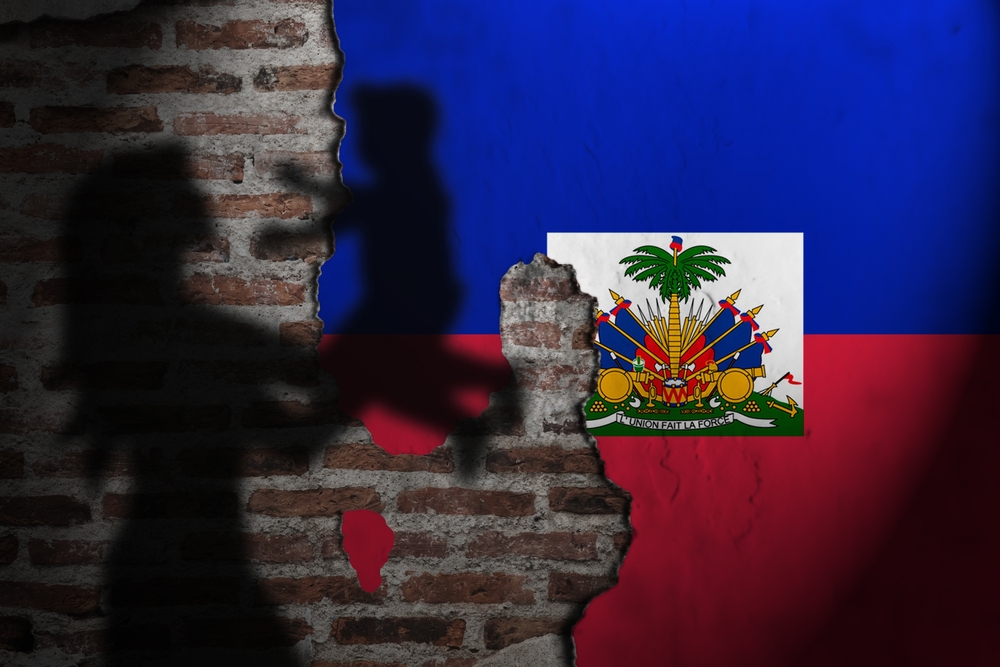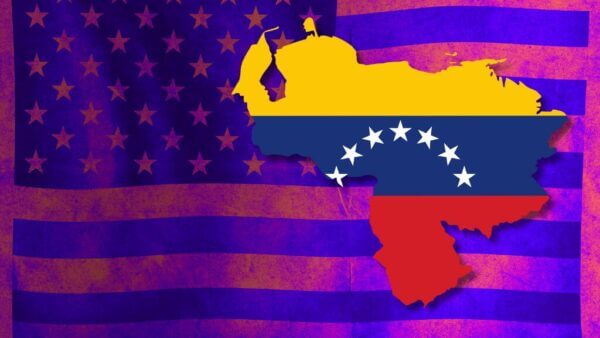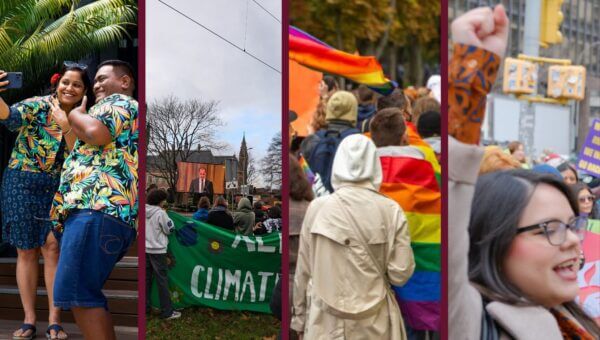“Help! Help!”
Leyene Ucilien screamed upon learning her father had been killed and her house set on fire by members of a gang terrorizing Solino, a working-class neighborhood north of Port-au-Prince, Haiti, which is plagued by unprecedented gang violence led by a man named Barbecue.
A 43-year-old street vendor of pistachios and sweets, whose business does not exceed $20 dollars per day, Leyene is a single mother of five children. Leyene lost everything that day: her father, her cooking pots, her half-sack of charcoal, her bug-infested wooden bed, and her $90 in life savings. She has taken refuge in a makeshift camp where more than 3,000 displaced people live. Desolation reigns supreme, fear and pain are written all over their faces, they are just looking for a place far from gangs sowing terror. Killing, raping, and setting fires have become their grim daily routine, a way to feel alive.
Tragically, Leyene is just one among hundreds of thousands of displaced people fleeing gang violence now gripping over 80 percent of the capital and major routes into and out of Port-au-Prince.
Violence invades their lives, with femicides, rapes, and the use of their bodies as weapons of war leaving deep trauma. Do they know they have rights? The right to health, education, decent housing, and a life free from violence? The displaced women cannot even entertain such thoughts—their daily struggles leave no room for philosophical or existential reflection.
These women know only duties: duty to their families, duty to provide hot meals to prevent hunger, duty to forget themselves, duty to shield their children from the violence that consumes them. Duty not to sink into depression despite their trauma, because they can rely on themselves.
Duty towards this beloved Haiti which gives them nothing, but which at the risk of their lives these women travel through to get supplies, take roads controlled by gangs—the roads of death—to supply local markets with basic necessities and thus maintain life in our cities and in Port-au-Prince.
This November 25, on a sidewalk in Canapé Vert, Leyene resumed her place, resting her hand on her jaw as she waited for passersby to buy her goods.
“God has abandoned me, and Mistress Erzulie has turned her back,” she told me. Yet she continues to honor Erzulie with small offerings, praying for her humble business to prosper.
There is one thing Leyene still firmly believes.
“Tomorrow will be better anyway. I lost everything, but I will never lose hope. Life will continue to bloom amidst this dark and macabre violence—for my five children and for my beloved Haiti.”
Invisible and voiceless, Leyene is one of the thousands of women and girls whose resilience is limitless and unparalleled. Many people outside the country are asking themselves the question: how do Haitians deal with such violence?
Horrible things are happening in Haiti, but in the face of dehumanization, the majority of Haitians counteract with solidarity. Thousands of vulnerable families welcome displaced people without wondering how to feed and house them.
Leyene Ucilien and hundreds of thousands of other women and girls are counting on our solidarity and our action. Their hope and resilience are a call to our humanity. Let us not forget Haiti, let us not close our eyes to Haiti. It is a matter of the survival of a strong, warm and lively people who always nourish the hope of a “Demen Miyò” (better tomorrow), despite suffering. We will never let violence and desolation triumph in Haiti; it is a duty to all of us, it is a human duty.
Prepared by Kettly Alexandre
Mouvement Paysan Papaye
Note: Kettly is French-speaking



